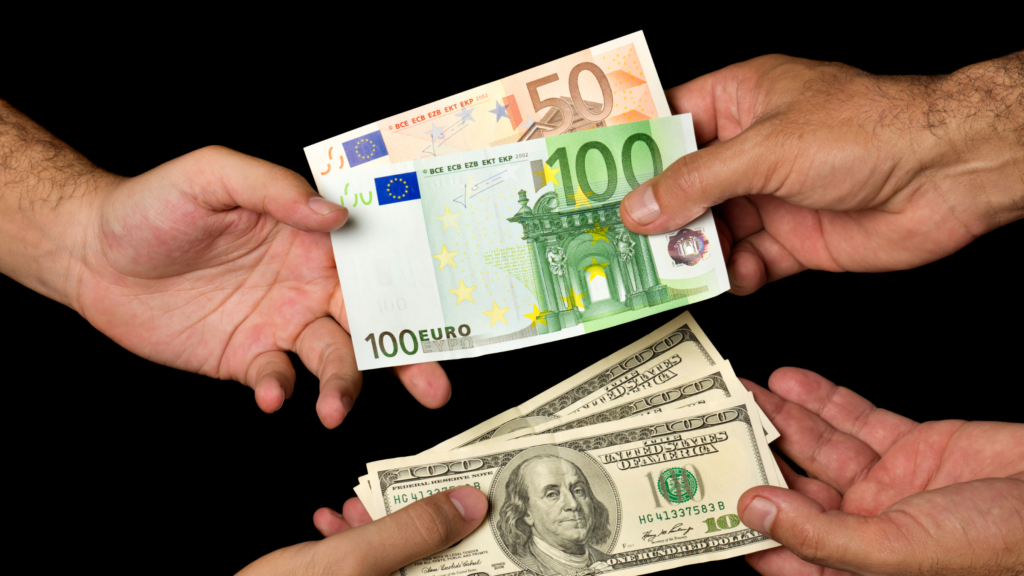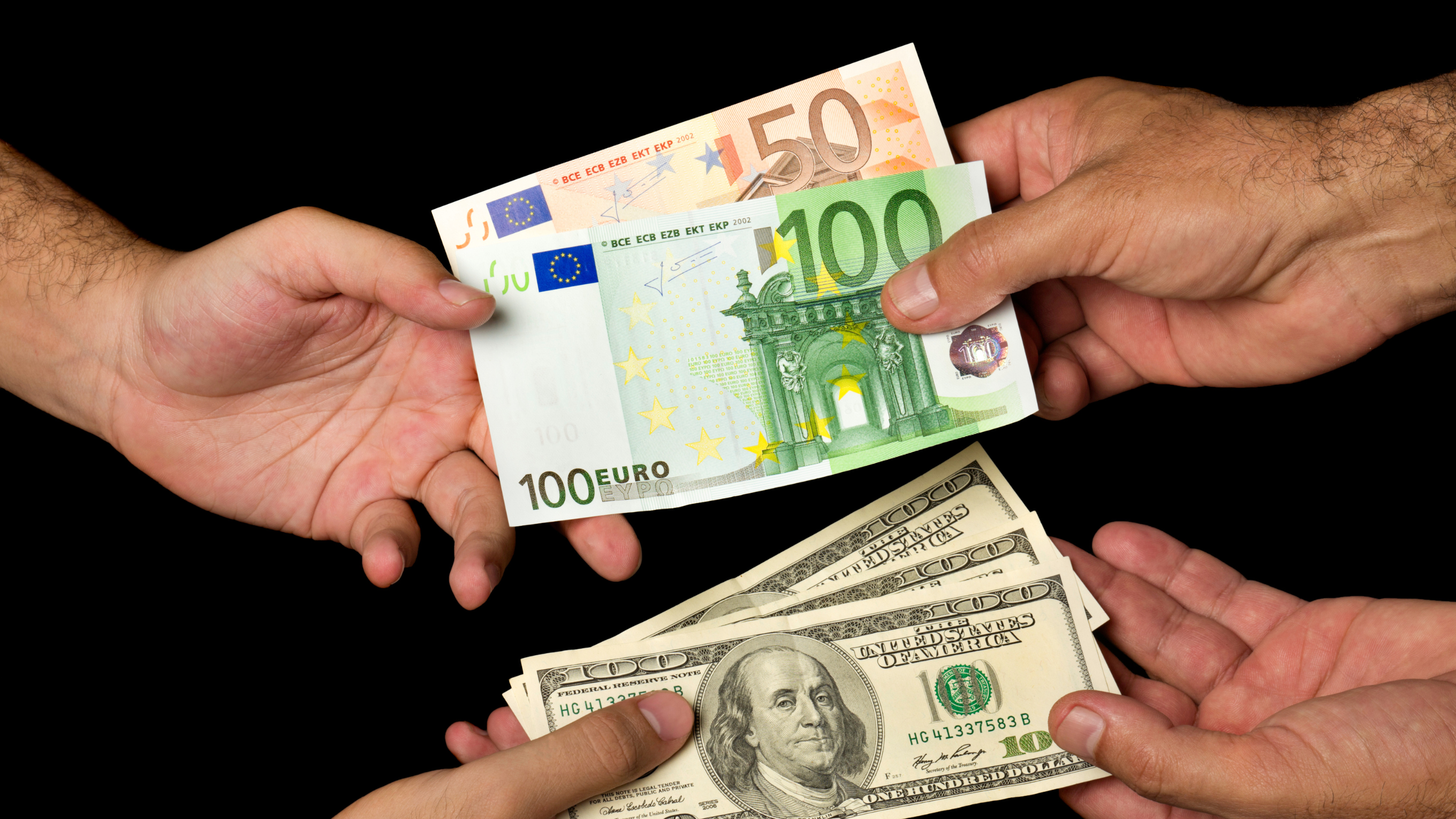If you’re planning to travel overseas, you may need to exchange currency to make purchases or pay for services. Unfortunately, currency exchange rates can vary widely and can be a significant expense for travelers. However, there are several ways to save on currency exchanges and keep more money in your pocket. In this article, we’ll explore some of the best ways to save on currency exchanges.

- Use a credit card with no foreign transaction fees
One of the easiest ways to save on currency exchanges is to use a credit card with no foreign transaction fees. Many credit cards charge a fee for transactions made in a foreign currency, which can add up quickly. Look for a credit card that waives foreign transaction fees to save money on currency exchanges.
- Compare exchange rates
When exchanging currency, it’s important to compare exchange rates from different providers to ensure you’re getting the best deal. Exchange rates can vary widely, and some providers may charge high fees or commissions. Use a comparison website or app to compare exchange rates from different providers and choose the best deal.
- Use a debit card with no foreign transaction fees
Another option for saving on currency exchanges is to use a debit card with no foreign transaction fees. Similar to credit cards, some debit cards charge fees for transactions made in a foreign currency. Look for a debit card that waives foreign transaction fees to save money on currency exchanges.
- Exchange currency before you leave
If you’re traveling to a country with a less common currency, it may be more cost-effective to exchange currency before you leave. Exchange rates can be less favorable in countries with less common currencies, and you may be charged high fees or commissions. Check with your bank or a currency exchange provider to see if exchanging currency before you leave is a good option.
- Avoid exchanging currency at the airport
Exchanging currency at the airport can be convenient, but it’s often not the best deal. Airport currency exchange providers may charge higher fees or offer less favorable exchange rates than other providers. If possible, exchange currency before you leave or find a provider with better rates and fees.
- Use cash instead of credit cards
Using cash instead of credit cards can be a good option for saving on currency exchanges. Some merchants may charge a higher price for purchases made with a credit card in a foreign currency, or your credit card may charge a foreign transaction fee. Using cash can help you avoid these additional expenses.
- Negotiate exchange rates
In some cases, you may be able to negotiate exchange rates with currency exchange providers. This may be possible if you’re exchanging a large amount of currency or if you’re a regular customer. Don’t be afraid to ask for a better deal or to shop around to find a provider with more favorable exchange rates.
In conclusion, saving on currency exchanges can help you keep more money in your pocket when traveling overseas. By using a credit card or debit card with no foreign transaction fees, comparing exchange rates, exchanging currency before you leave, avoiding exchanging currency at the airport, using cash instead of credit cards, and negotiating exchange rates, you can save money on currency exchanges and make the most of your travels.




